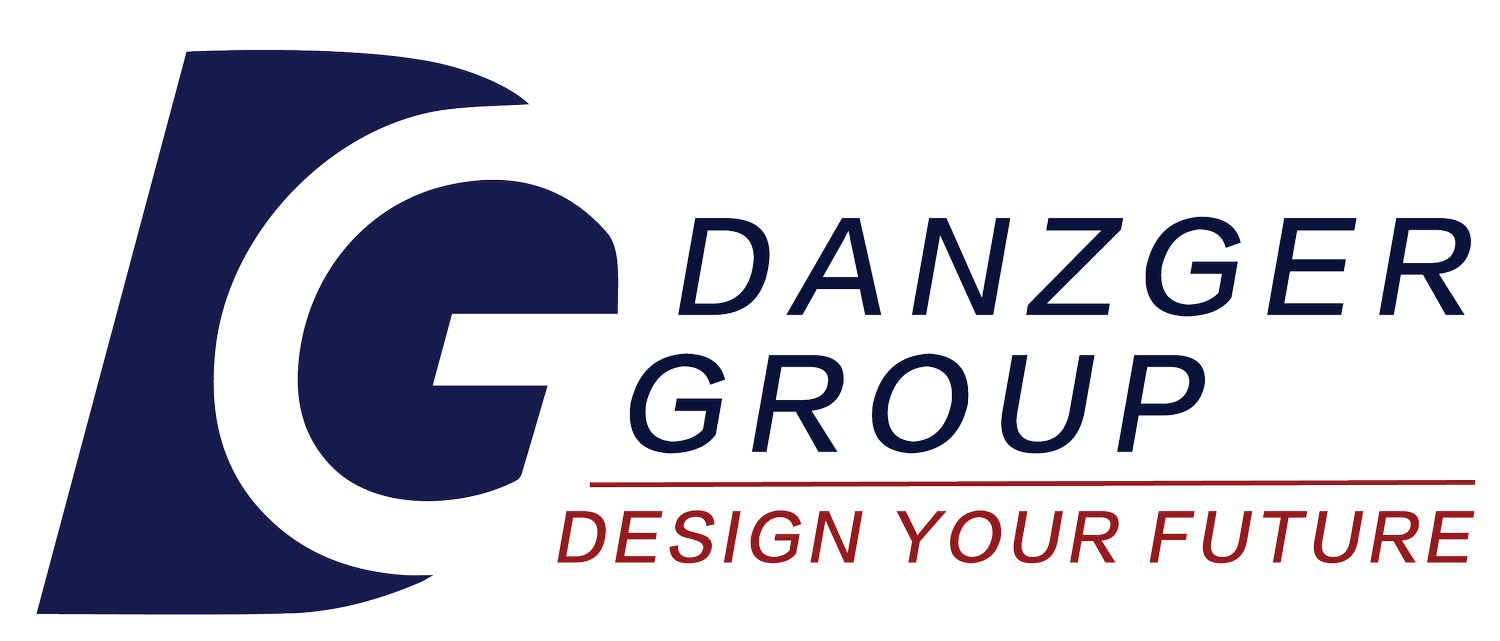Top Grades Don’t Equal Career Success
Three Minute Read
If this was forwarded to you, you can get more career tips like this sent straight to your inbox every Tuesday. Sign up here
What’s the goal of college? To get the highest GPA possible, right?
WRONG!
So many students are focused on getting A’s, but is that really optimizing their college experience and outcomes?
College is an exercise in portfolio management. Your portfolio, in this case, isn’t dollars; it’s your time. How you allocate your limited number of waking hours matters.
Last week, the University of Pennsylvania announced that it was doing away with the dean’s list. That’s the list of students with the highest grades meeting a few other conditions. It’s a great source of student and parental pride. And employers and grad schools are also interested in it.
The reason given for eliminating it is that it “does not reflect the breadth and evolution of students' academic achievements over the course of their education at Penn.” Meaning, it doesn’t consider growth in dimensions aside from proficiency in exams, papers, and projects. This decision isn’t without controversy, especially among those who would otherwise make it. Underlying this decision is a desire to reduce the pressure on students, which is already intense. And there is an adequate opportunity to recognize high academic achievement at graduation with the Latin honors: magna cum laude, summa cum laude, and cum laude.
Too many students and graduates I meet seemed to have missed out on many of the experiences offered to them outside the classroom during their college years. This is time that could have been spent in company presentations, panel discussions, coffee chats, and other opportunities to expand their knowledge about industries, companies, and roles.
The reason for this is simple. A high GPA seems so much more concrete than the accumulated effort one puts into growing their world knowledge and self-knowledge during school. And quantitative progress was always so highly prized leading up to this point, including high school grades, standardized test scores, class rank, and even the number of college acceptances collected.
A meaningful proportion of time spent during years of study needs to be devoted to exploration. And nowhere than in school is there a more fertile environment to do so. There’s an abundance of people teaching and studying so many different things. A constant parade of accomplished visitors presenting and mingling on campus. So many clubs to join to dig deeper into your interests.
It’s never too early to begin exploring your career interests. In high school, I took an economics course, read the investment classic, How to Buy Stocks, and visited the floor of a stock exchange. All of these things influenced my career. So did experimenting with and programming early personal computers. Internships allowed me to explore what would later become my career.
While good grades are table stakes for attracting employers, without some time devoted to exploration, you’ll be left with a platinum transcript and maybe at a loss for direction. Of course, it’s never too late to self-reflect, but it’s far more effective the sooner you begin.
Take the time during school years to test the waters when your risk is lowest and time is most abundant. You’ll be happy you did.
Do you or someone you know need help determining what kinds of roles and companies would be great work situations? Conducting an effective job search without endlessly applying online? I coach and advise people 1:1 and in hybrid 1:1/small group settings. Learn more about my career coaching and sign up for a free 30-minute Career Solutions Call.

